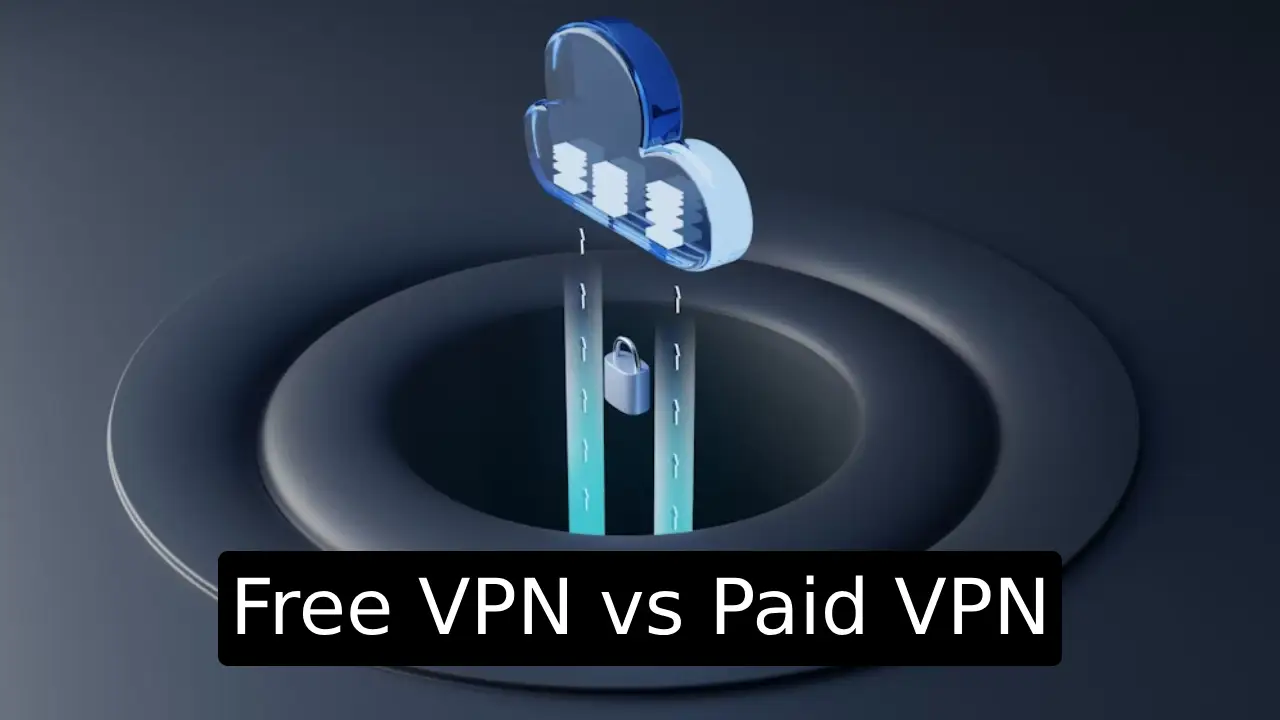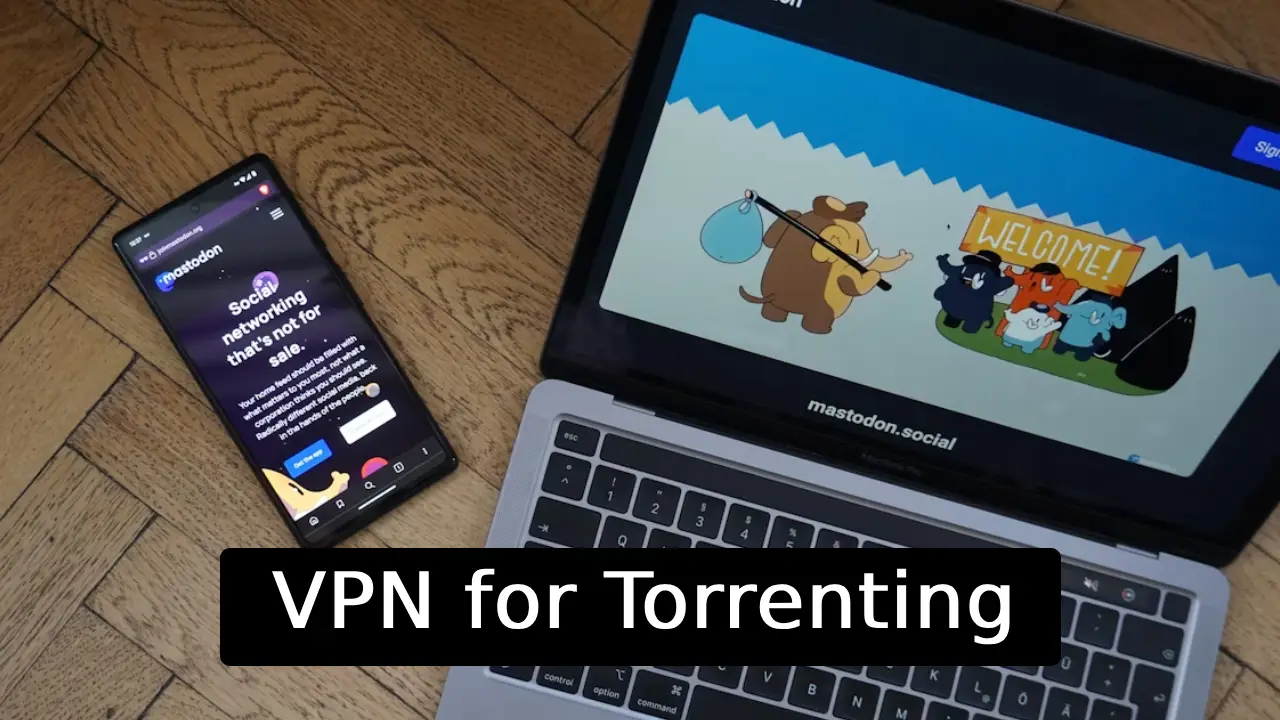VPN split tunneling revolutionizes how you balance security and speed, but it’s just one of many advanced VPN tactics. While basic VPNs encrypt all traffic, savvy users leverage configurations like router-level setups, double VPN, and Tor combos to customize protection. Here’s your guide to enterprise-grade VPN strategies.
What is VPN Split Tunneling, And Why Should You Use It?
VPN split tunneling lets you route only specific traffic through the VPN while other data accesses the internet directly. Imagine securing your banking app via encrypted tunnels while letting Netflix stream locally at full speed. Benefits include:
- Speed Preservation: Unencrypt non-sensitive tasks (e.g., gaming, video calls).
- Bandwidth Efficiency: Reduce VPN server load for latency-sensitive apps.
- Local Device Access: Printers or NAS devices remain reachable.
Use case: Remote workers might encrypt work apps via VPN split tunneling while browsing news sites openly.
Router-Level VPN: Secure Every Device Instantly
Installing a VPN on your router blankets all connected devices—smart TVs, IoT gadgets, phones—in encryption. No app installations needed.
Key advantages:
- Whole-Home Security: Protect devices that don’t support VPN apps (e.g., gaming consoles).
- 24/7 Encryption: Traffic auto-secures upon connection.
- Parental Controls: Pair with DNS filtering for child safety.
Tip: Use ASUS or DD-WRT routers for OpenVPN compatibility.
Double VPN & Tor Over VPN: Maximum Anonymity
Double VPN (Multi-hop)
Route traffic through two VPN servers—e.g., New York → Switzerland → your bank. This:
- Obscures your IP twice, foiling sophisticated tracking.
- Adds extra encryption layers for sensitive data (e.g., whistleblowing).
Trade-off: Speed drops by ~40%—reserve for high-risk activities.
Tor Over VPN
First encrypt traffic via VPN, then route through Tor. This hides Tor usage from your ISP while adding VPN-grade encryption. Ideal for journalists or activists in censored regions.
Dedicated IPs: Bypass Suspicion & Blacklists
A dedicated IP assigns you a consistent, private address (vs. shared VPN IPs). Why it matters:
- Avoid CAPTCHAs/Blocks: Banks or Netflix won’t flag “suspicious” logins.
- Secure Server Access: Whitelist your IP for company databases.
Caution: Slightly reduces anonymity—choose providers like NordVPN or Surfshark.
VPNs for Online Banking: Pros vs. Cons
Pros:
- Encrypts data on public Wi-Fi (prevents MITM attacks).
- Masks your location during transactions.
Cons: - Banks may flag/logins from foreign IPs, triggering freezes.
- Latency could disrupt real-time trading.
Solution: Use VPN split tunneling to only encrypt banking traffic, keeping other apps speedy.
Remote Home Network Access: Your Private Portal
Configure a VPN server on your home router to:
- Access files on your NAS while traveling.
- Control smart devices securely (e.g., adjusting thermostats).
- Bypass regional blocks by routing traffic through your home.
Tools: OpenVPN (free) or WireGuard for faster speeds.
Implementing Advanced VPN Setups
- Split Tunneling: Enable in your VPN app settings—select apps/URLs for encryption.
- Router VPN: Flash firmware (e.g., Tomato), input VPN credentials, reboot.
- Double VPN: Activate via the provider app (ProtonVPN supports multi-hop).
- Home VPN Server: Install DDNS (e.g., No-IP) + port forwarding.
💡 Pro Tip: Test configurations with DNSLeakTest.com to ensure zero exposure.
Beyond Basic Encryption
VPN split tunneling is the gateway to custom security, but pairing it with router setups, double encryption, or dedicated IPs transforms your digital resilience. Whether optimizing speed or fortifying anonymity, these strategies put you in control.
Ready to experiment? Start with split tunneling, then explore router-level setups for seamless whole-network coverage.



